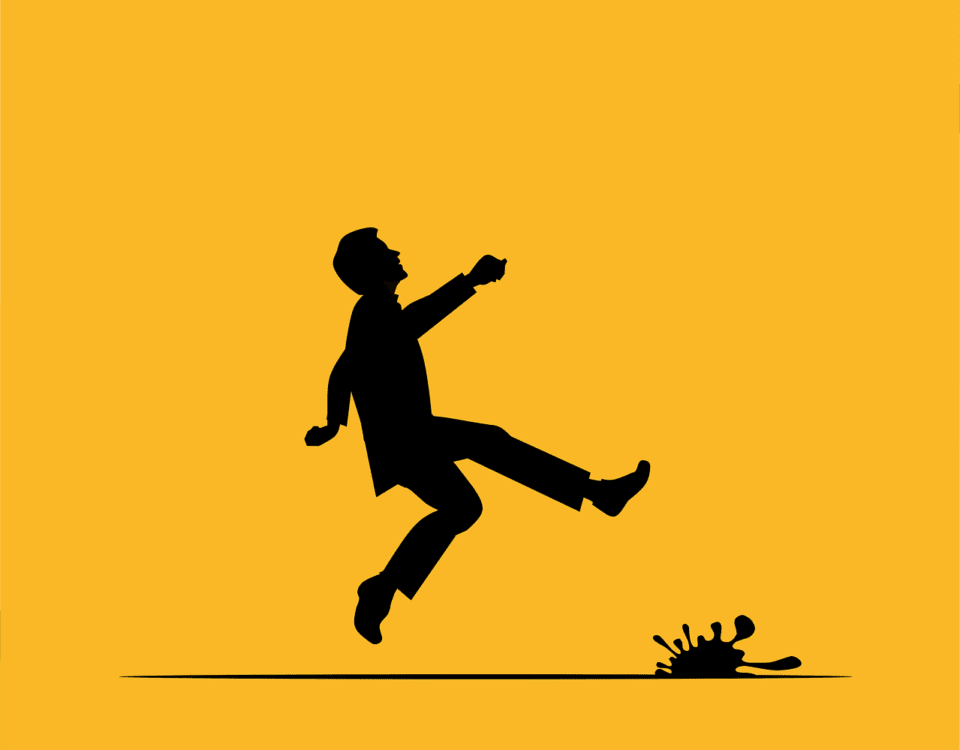Getting the Right Help after a Traumatic Brain Injury
A Tradition of Excellence
 Sampling of Successful Case Resolutions
Sampling of Successful Case Resolutions
 Read our answers to some frequently asked questions.
Read our answers to some frequently asked questions.
Statement
 View Our Mission Statement
View Our Mission Statement

What Not to do When Dealing with an Insurance Company After an Accident With Injuries:
February 21, 2020
How Our Office is Addressing the Covid-19 Virus
April 2, 2020A Traumatic Brain Injury (TBI) is a very serious, often debilitating, and can be a deadly injury resulting from a trauma to the head. Close to 1.7 Million Americans are afflicted by a traumatic brain injury each year and over 70,000 of these victims experience a long-term disability as a result. There are changes of symptoms based on the degree of the injury, all are serious and should be treated equally with medical supervision.
Vehicle accidents such as would occur with autos, motorcycles, and bicycles are main causes for TBI injuries but we cannot exclude those also caused by trips, slips, and falls.
Although some TBI’s are not life threatening, they can have serious effects on the patients physical, cognitive, and emotional abilities. Not treated even a minor TBI’s symptoms could worsen.
Diagnosing a Traumatic Brain Injury
A diagnosis of a Traumatic Brain Injury is considered valid when one or more of the following conditions occur after an injury to the brain.
• Disorientation or confusion
• Amnesia near the time of injury
• Neurological or neuropsychological problems
• A score of 13 or higher on the Glasgow Coma Scale (GCS)
Some of the symptoms you may experience (even without a direct injury to the head), after a vehicle accident where you may think you just have experience “whiplash.” The rapid acceleration/deceleration of the skull in a rear end collision can cause the brain to impact the opposite side of the skull. Even if the accident was not violent and the person did not strike their head or lose consciousness, brain injuries can occur. It is very important to be examined by a doctor who is well-versed in the area of TBIs and all of the science that goes behind it. Emergency responders and those not trained in properly diagnosing TBI’s may just list accident as “minor impact” – you need to make sure you are getting proper medical treatment.
Physical Symptoms of a traumatic brain injury
• Dizziness
• Blurred vision
• Headaches
• Loss of vision
Cognitive symptoms of a traumatic brain injury
• Amnesia
• Short term memory loss
• Disorientation
• Poor Concentration
Emotional symptoms of a traumatic brain injury
• Agitation
• Depression
• Irritability
• Depression
• Personality changes in general
• Changes in appetite
Busting TBI Myths
You do not have to lose conscienceless
You do not have to strike your head
MRI or CT Scans can miss microscopic lesions and damage to neurons
You often will not “recover quickly”
Types of Brain Injuries
Concussion
Contusion
Coup-Contracoup
Diffuse Axonal Injury
Hematoma (Blood Clot) – There are multiple types of bleeding/clotting injuries including Subdural and Intracranial
Penetration – External injury causing trauma to the brain from blunt or sharp object forcing skull into the brain.
In the event of an accident resulting in possible head trauma, the victim is often sent to the nearest emergency room. Standard procedures and tests to diagnose a TBI should be done promptly. MRIs and CT scans will not always provide the conclusive evidence needed to confidently diagnose a TBI which is why you need to seek out a medical professional that specializes in TBI.
Attorney Tavis Tindall is a traumatic brain injury attorney who is up to date on the best technologies and tests for TBIs, and will ensure that you receive the proper care, testing and treatment when confronted with a TBI.
At Tindall Law Firm our staff is very experienced in dealing with insurance adjusters, insurance defense lawyers, and all aspects of a TBI head injury and whiplash. If you , or you know someone who has experienced injury in an accident we encourage retaining a personal injury attorney who is not only familiar with TBIs, but also the latest science in this rapidly changing area of medicine.










